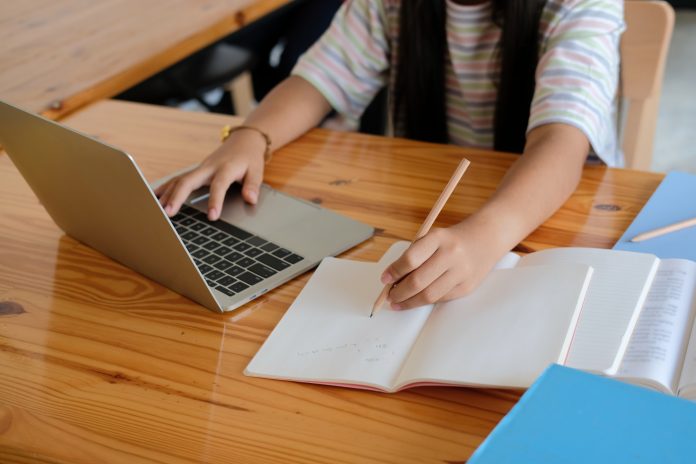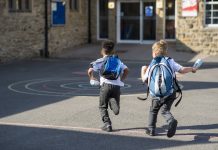Scientists found that remote learning students sleep patterns have changed, with most sleeping 30 minutes later than normal
Professor Ralph Mistlberger, Andrea Smit and Myriam Juda, at Simon Fraser University (SFU) Circadian Rhythms and Sleep Lab examined data from 80 students to understand the impact of remote learning on sleep patterns.
Scientist says young people have ‘insufficient sleep’
Professor Mistlberger commented: “There is a widespread belief among sleep researchers that many people, especially young adults, regularly obtain insufficient sleep due to work, school, and social activities.
“The move toward remote work and school during COVID-19 has provided a novel opportunity to test this belief.”
According to their findings, the students who were learning remotely in Summer, 2020, slept 30 minutes later than they would normally. This sleep was also less efficient, because students generally slept more in the day during the pandemic.
Despite the lack of commute, students did not get more sleep than pre-pandemic students.
The students who described themselves as night owls said they preferred the new pattern of sleep.
Students now sleep later, wake up later
Professor Mistlberger further commented: “One very consistent finding is a collective delay of sleep timing – people go to bed and wake up later. Not surprisingly, there is also a marked reduction in natural light exposure, especially early in the day.
“The lack of change in sleep duration was a bit of a surprise, as it goes against the assumption that young adults would sleep more if they had the time.”
One thing that the researchers have not considered, is the stress impact of the pandemic. Students are missing out on face-to-face social interaction, some are overloaded with extra work by their teachers, and others face home lives that are constricting with no break.
Dr Margot Sunderland, child psychologist, highlights the importance of teachers being aware of trauma: “Many children don’t have the opportunity to tell their story, often because people show no curiosity and don’t see how vital it is to know.
“Consequently, these children are left with an unheard narrative.”
‘Get outside and be active’ to sleep better
Professor Mistlberger also said: “My advice for students and anybody working from home is to try to get outside and be active early in the day because the morning light helps stabilize your circadian sleep-wake cycle – this should improve your sleep, and allow you to feel more rested and energized during the day.”











